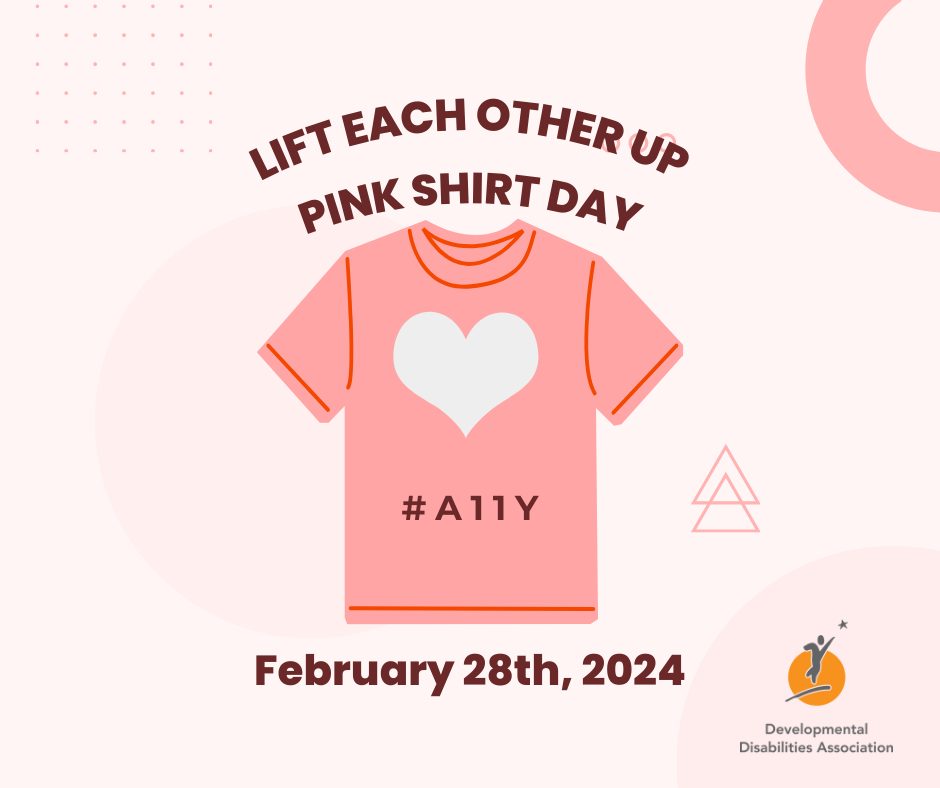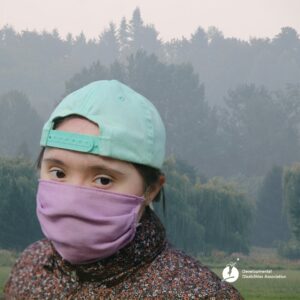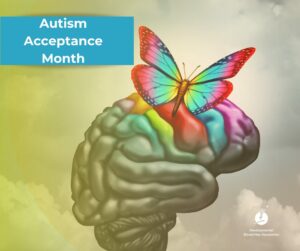Pink Shirt Day, celebrated in many places on the last Wednesday of February, is a powerful symbol of our commitment to fostering kindness, acceptance, and standing up against bullying. This day holds special significance for the developmental disability community who often experience disproportionately high levels of bullying and exclusion.
People with developmental disabilities may experience challenges with communication, learning, social interaction, and self-care. It’s important to remember that they possess unique strengths, skills, and perspectives, just like anyone else.
The Impact of Bullying
Sadly, people with developmental disabilities often experience higher rates of bullying and social isolation than their peers without disabilities. This bullying can come in many forms:
Verbal abuse: Name-calling, insults, or hurtful comments.
Physical bullying: Hitting, pushing, tripping, or any form of physical harm.
Social exclusion: Purposefully leaving someone out of activities or groups.
Cyberbullying: Spreading rumors or hurtful content online.
The effects of bullying can be severe and long-lasting, leading to anxiety, depression, low self-esteem, and difficulties forming relationships. It’s crucial we create a culture of acceptance where everyone feels safe and respected.
Why Pink Shirt Day Matters
Pink Shirt Day reminds us of the power of kindness and compassion. It’s a day to spread knowledge about developmental disabilities and promote understanding. To take a stand against bullying and create inclusive communities where everyone is valued. To recognize the unique strengths and gifts every individual brings to our world.
Here’s how you can support the values of Pink Shirt Day and champion inclusivity:
Wear pink: Show your support and start conversations.
Educate yourself: Learn about developmental disabilities and challenge stereotypes.
Speak out: Don’t be a bystander if you witness bullying. Offer support and let the person being bullied know they’re not alone.
Be an ally: Be a friend and advocate for people with developmental disabilities.
Promote accessible environments: Support businesses and organizations that embrace inclusivity.
Together, Let’s Build a Kinder World



